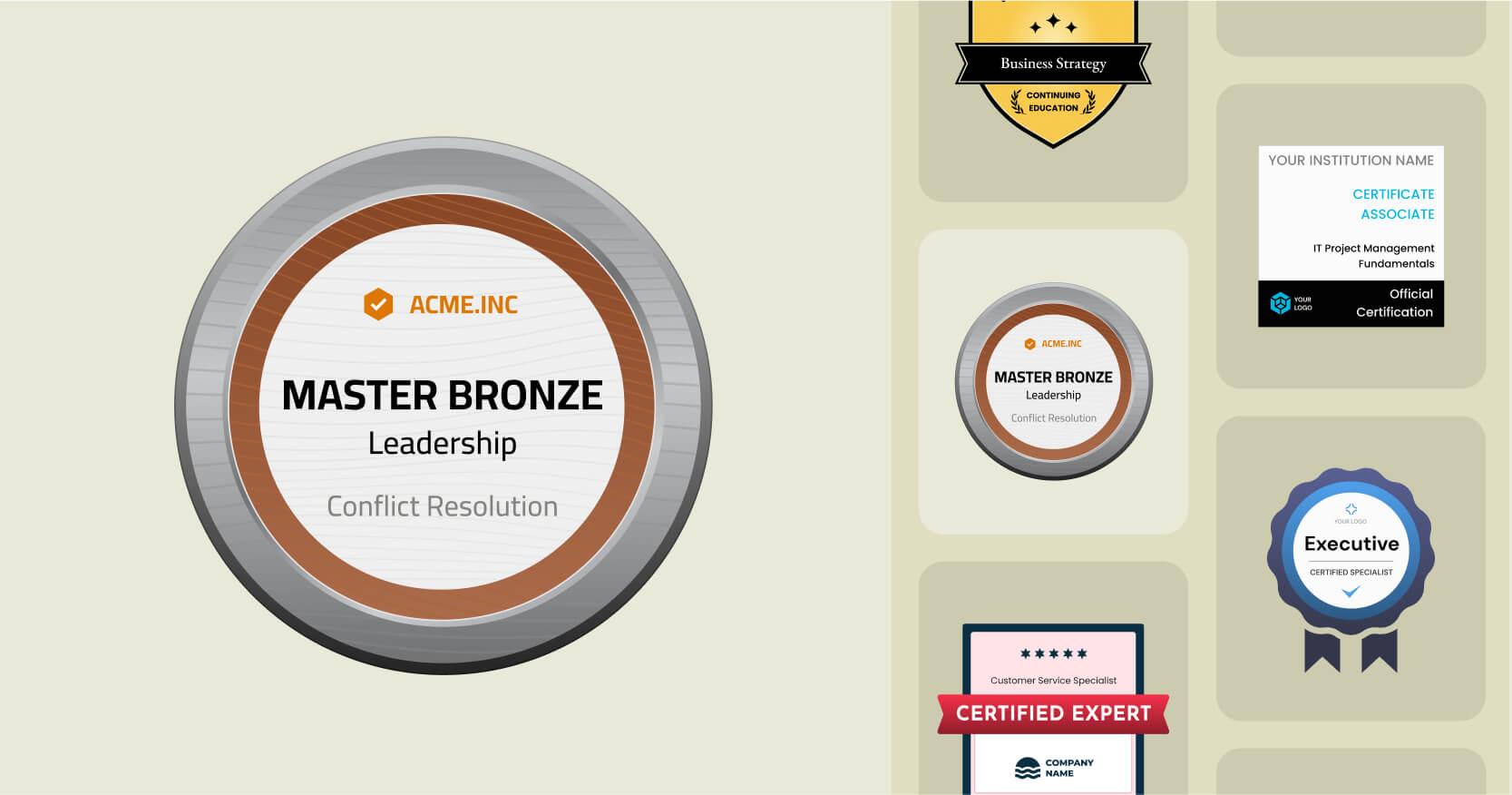Unlocking Potential: How Digital Badges Recognise Skills and Achievements in the Modern World
In our fast-evolving digital landscape, recognizing skills and achievements is more vital than ever. Digital badges have emerged as dynamic, portable, and credible tools for validating competencies and accomplishments across education, business, and personal development sectors. Whether you’re a student, a professional, or an association looking to motivate, engage, and track progress, embracing the power of digital badges can help unlock individual and collective potential in profound new ways.
What Are digital Badges?
Digital badges are online representations of verified skills, accomplishments, or experiences earned by an individual. Unlike customary certificates, digital badges offer rich metadata, providing details about the issuer, the criteria met, the evidence supplied, and the date earned. This makes them shareable, verifiable, and trusted markers of skills and achievements in the digital age.
- Skill recognition: Digital badges validate technical, soft, and specialized skills.
- Micro-credentials: They break larger qualifications into smaller, more manageable units.
- Portable by design: Badges can be shared on LinkedIn, resumes, e-portfolios, and more.
The Evolution of Skills Recognition
Traditionally, diplomas and certificates were the primary means to showcase achievement. However, as workplace skills and learning diversify, these analog credentials often fall short in communicating the full scope of an individual’s capabilities. Digital badges emerged as an agile response, suited to:
- Rapidly changing technological skills
- lifelong learning and non-traditional education paths
- Recognizing soft skills and on-the-job learning
- Facilitating career progression and mobility
Key Benefits of Digital Badges
Digital badges deliver advantages for learners, employees, educational institutions, and employers alike. Here are some compelling reasons to adopt them for skills validation and achievement recognition:
For learners and Professionals
- Motivation and Engagement: Badges reward progress and encourage continuous learning.
- Instant Recognition: skills are acknowledged as soon as they’re demonstrated.
- Portable Proof: Badges are easily shared across platforms and digital portfolios.
- Differentiation: stand out to employers or clients with verified achievement markers.
For Employers and Organizations
- Talent Visibility: quickly identify and recruit candidates with relevant skills.
- Workforce Development: Encourage upskilling and track employee learning journeys.
- Brand Reputation: Publicly issue badges to signal commitment to lifelong learning.
For Educators and Training Providers
- Engagement: Use badges to incentivize course completion and mastery.
- Digital Transformation: Modernize credentialing for online and blended learning.
- Data Insights: Collect analytics on course progress, completion, & skill acquisition.
how Digital Badges Work: The Process Explained
- Skill Acquisition: The learner completes a specific task,project,or assessment.
- verification: Evidence is reviewed by a trusted issuer—such as a school, company, or professional body.
- Issuance: A digital badge, encoded with metadata, is awarded to the earner.
- Sharing: The earner can display the badge on social media, personal websites, or e-portfolio platforms for maximum visibility.
This process ensures that badges remain credible, obvious, and valuable in demonstrating both hard and soft skills.
Triumphant Applications: Case Studies in Digital Badging
1. IBM’s Digital Badge Program
IBM’s award-winning program recognizes employees and learners for mastering new technologies, such as AI and cloud computing. More than 3.7 million badges have been issued, facilitating career progression and learning motivation across its global workforce.
- Enhanced internal mobility
- Increased completion rates for digital learning
- Transparent skills mapping for hiring managers
2. Open University’s Open Badges
The Open University leverages open badges to track informal learning in MOOCs (Massive open Online Courses) and continuing education. Learners gain recognition for:
- Community engagement
- Peer mentoring
- Participation in online assessments
This flexible approach allows students and professionals to grow portfolios of diverse skills, expanding their employability.
Practical Tips: Making the Most of digital Badges
- Align with Goals: Select badges aligned to your career or learning aspirations.
- Research Issuers: Opt for badges from credible, recognized institutions or organizations.
- Tell Your Story: Accompany badges with descriptions of what you learned, created, or improved.
- Showcase Your Expertise: Add badges to your LinkedIn profile,online portfolio,and resume for increased visibility.
- Stay Updated: As fields change, seek new badges to demonstrate lifelong learning and adaptability.
First-Hand Experience: Digital Badges in Action
“I earned my first digital badge after completing a project management micro-course by a leading tech company. Badge in hand, I promptly added it to my linkedin profile. Within a week,two recruiters reached out asking about my skills and achievements—something that never happened before! Digital badges helped me articulate my expertise in a way that truly stood out.”
— Emily H., Marketing Specialist
Experiences like Emily’s show how digital badges act as career accelerators in today’s competitive job market.
Integrating Digital Badges: The Future of Skills recognition
The adoption of digital badges is set to grow as more employers,educational providers,and professional groups embrace new ways to certify skills. Already, platforms like Credly, Badgr, and Open Badges are making it easier for everyone to issue, earn, and share badges worldwide. For forward-thinking organizations and individuals, digital badges represent:
- Pathways for lifelong learning
- Evidence-based resumes
- Enhanced professional credibility
- Easier access to global opportunities
Conclusion: Embrace the Potential of Digital Badges Today
in the modern world, where skills are the new currency, digital badges are transforming how we recognize, validate, and showcase achievement. By providing transparent, portable, and trusted proof of learning, they empower individuals, organizations, and educators to unlock potential and shape the future of personal and professional growth. Whether you’re seeking to boost your career, motivate your team, or enhance your learning programs, digital badges are the key to recognition in a digital-first era.
Ready to unlock your potential? Start earning, sharing, and celebrating digital badges—your future self will thank you.

